Time is up for Windows 7: How do you migrate to Windows 10?
Even if you think you're ready, there are hidden problems that could trip you up


Sign up today and you will receive a free copy of our Future Focus 2025 report - the leading guidance on AI, cybersecurity and other IT challenges as per 700+ senior executives
You are now subscribed
Your newsletter sign-up was successful
There's a looming problem on the horizon, which is going to cause a lot of headaches for businesses if they're not prepared. The issue in question? Microsoft will officially end support for Windows 7 in January 2020, meaning that businesses have less than a year to prepare their migration strategies for upgrading their business devices to a newer, supported version of Microsoft's OS.
When Windows 7 reaches End-Of-Life, it'll likely affect a lot of businesses. Windows 7 still runs on around a quarter of UK desktop PCs, according to StatCounter. It's unknown how many of those are business machines as opposed to personal devices, but it's likely to be a significant number.
If businesses haven't upgraded to a more recent OS by the time support is withdrawn, they face the prospect of having to pay Microsoft for extended support, which will get more expensive over time. A much more cost-effective solution is to ensure that you've got a strategy in place to migrate your Windows 7 desktops to Windows 10, ensuring that you're future-proofed for as long as possible.
If you want to know more about the best way to ensure a smooth and painless Windows 7 migration, you can catch up with our on-demand webinar on 'The Windows 7 clock is ticking: what should you do next?'

What can you expect?
The webinar explores the practical options available: do you upgrade, replace or virtualise? We'll discuss the security risks of delaying your migration and find out how it's affecting businesses right now.
It also explains how you can migrate to Windows 10 without disrupting your employee's productivity.
The webinar includes input from experts including PC Pro Editor-in-Chief Tim Danton, HP's Michael Pope, Microsoft's Christian Cornazzani, and migration specialist Robert Neuschul.
Sign up today and you will receive a free copy of our Future Focus 2025 report - the leading guidance on AI, cybersecurity and other IT challenges as per 700+ senior executives
Tim Danton is editor-in-chief of PC Pro, the UK's biggest selling IT monthly magazine. He specialises in reviews of laptops, desktop PCs and monitors, and is also author of a book called The Computers That Made Britain.
You can contact Tim directly at editor@pcpro.co.uk.
-
 Salesforce targets telco gains with new agentic AI tools
Salesforce targets telco gains with new agentic AI toolsNews Telecoms operators can draw on an array of pre-built agents to automate and streamline tasks
-
 Four national compute resources launched for cutting-edge science and research
Four national compute resources launched for cutting-edge science and researchNews The new national compute centers will receive a total of £76 million in funding
-
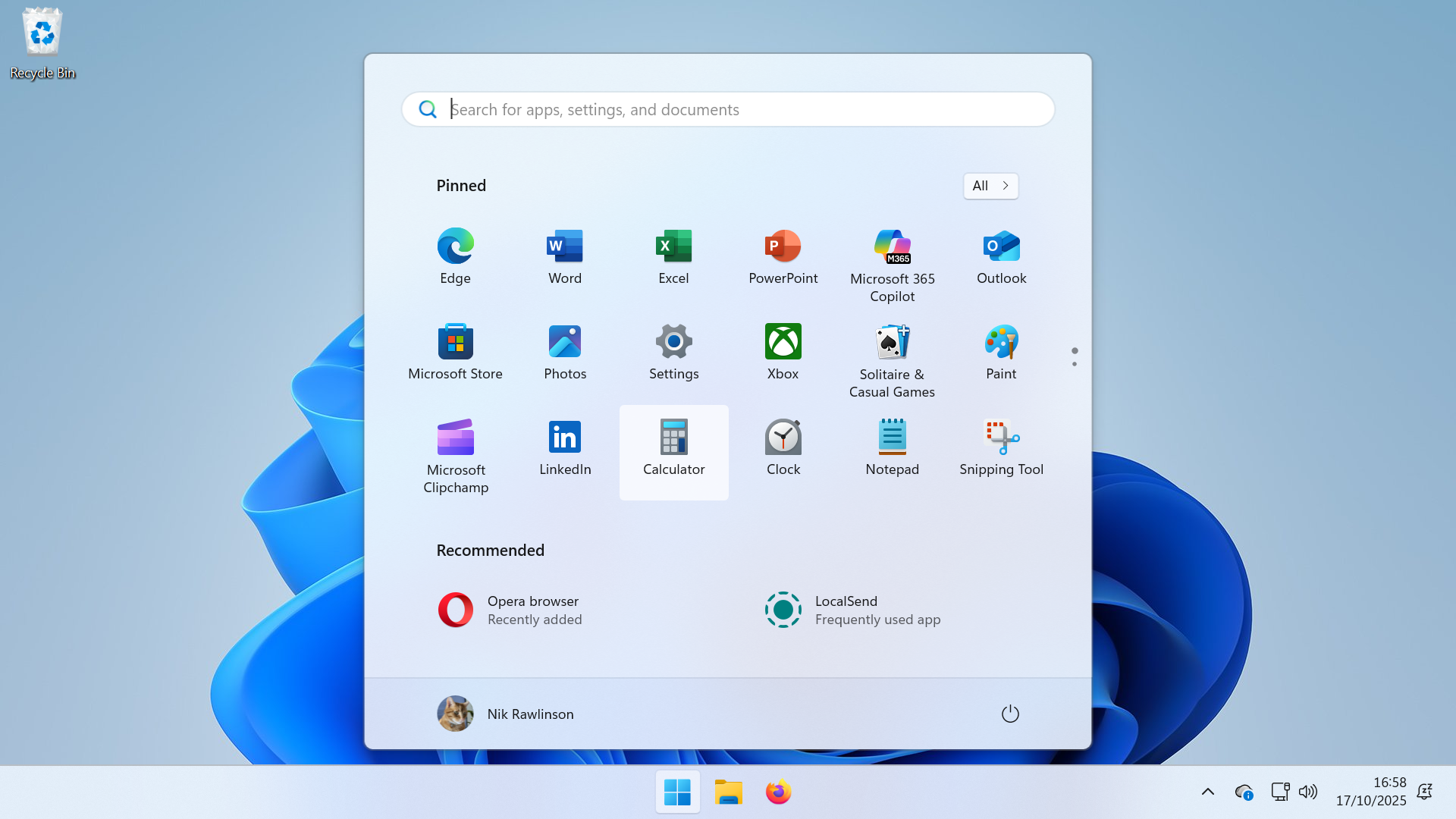 Windows 10 end of life has passed – here's your business guide to Windows 11
Windows 10 end of life has passed – here's your business guide to Windows 11In-depth As Windows 10's mainstream support ends, it's time for businesses who have yet to upgrade to take a second look at Windows 11
-
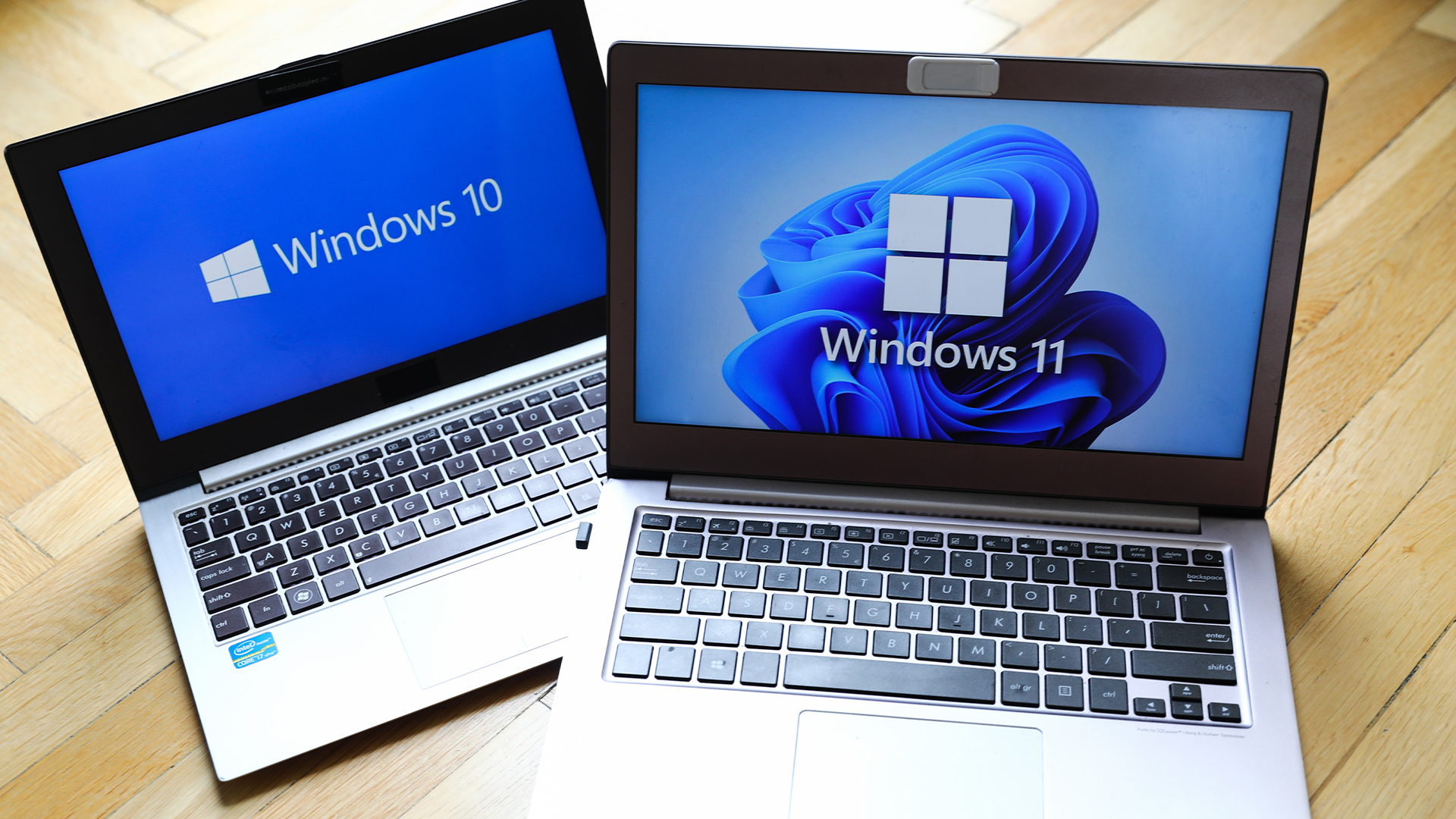 Windows 10 end of life could create a major e-waste problem
Windows 10 end of life could create a major e-waste problemNews The study marks the latest Windows 10 end of life e-waste warning
-
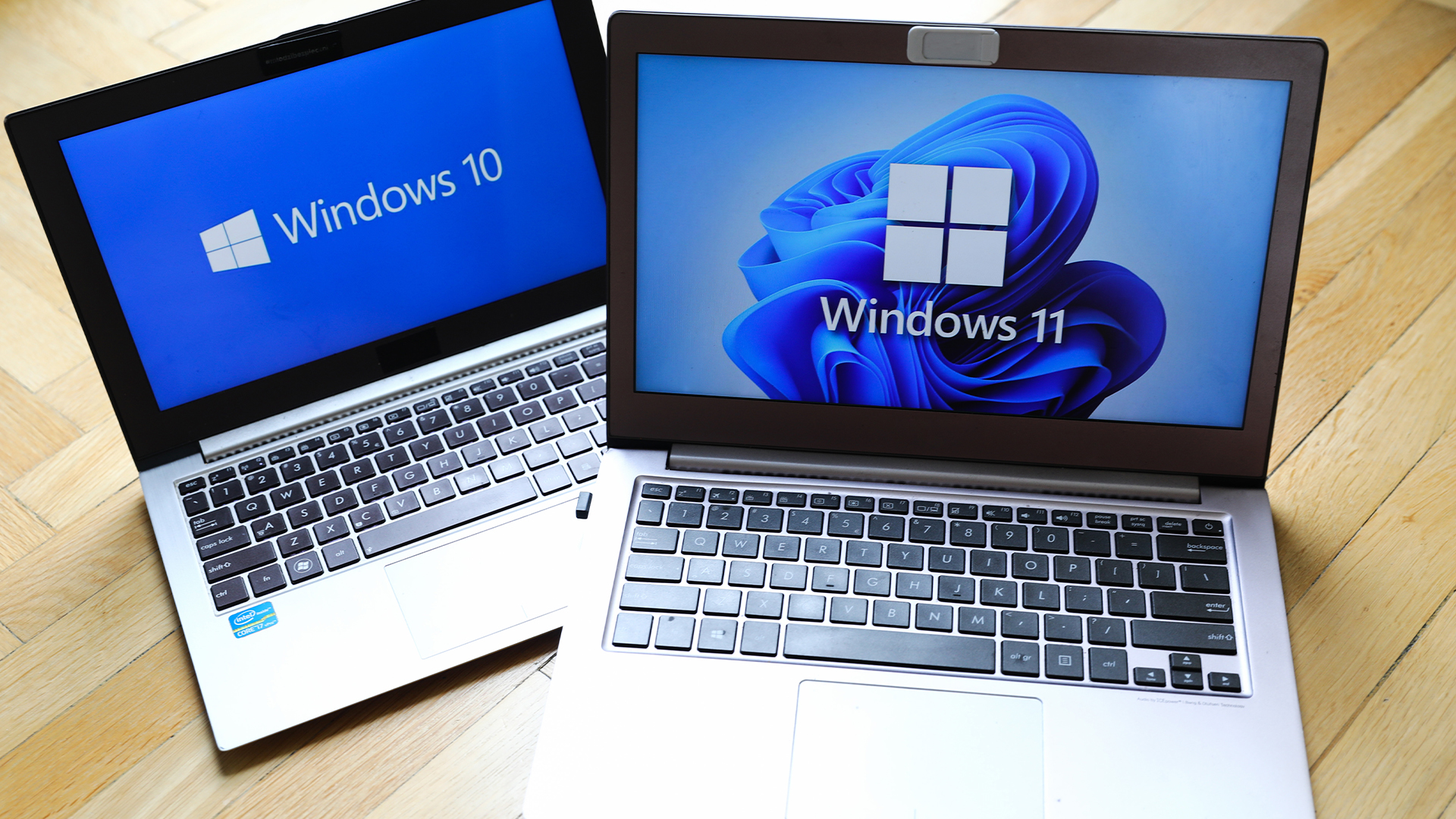 Windows 10 extended support costs could top $7 billion
Windows 10 extended support costs could top $7 billionNews Enterprises sticking with Windows 10 after the October deadline face huge costs
-
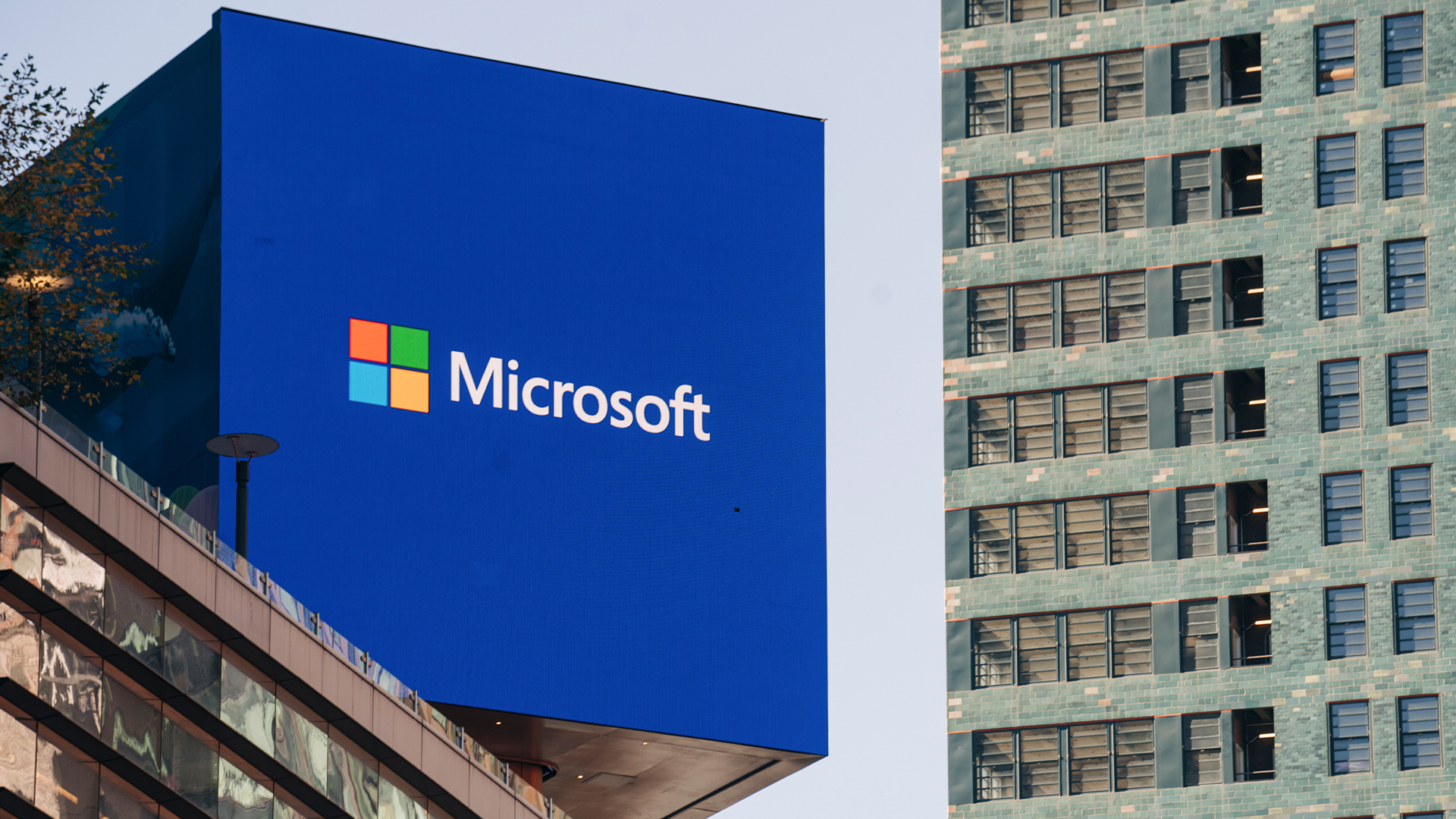 A Windows 11 update bug is breaking SSDs – here’s what you can do to prevent it
A Windows 11 update bug is breaking SSDs – here’s what you can do to prevent itNews Users first began reporting the Windows 11 update bug last week
-
 The Windows 11 migration conundrum: What role can the channel play?
The Windows 11 migration conundrum: What role can the channel play?Industry Insights Resellers are instrumental to making the right choice about the next steps...
-
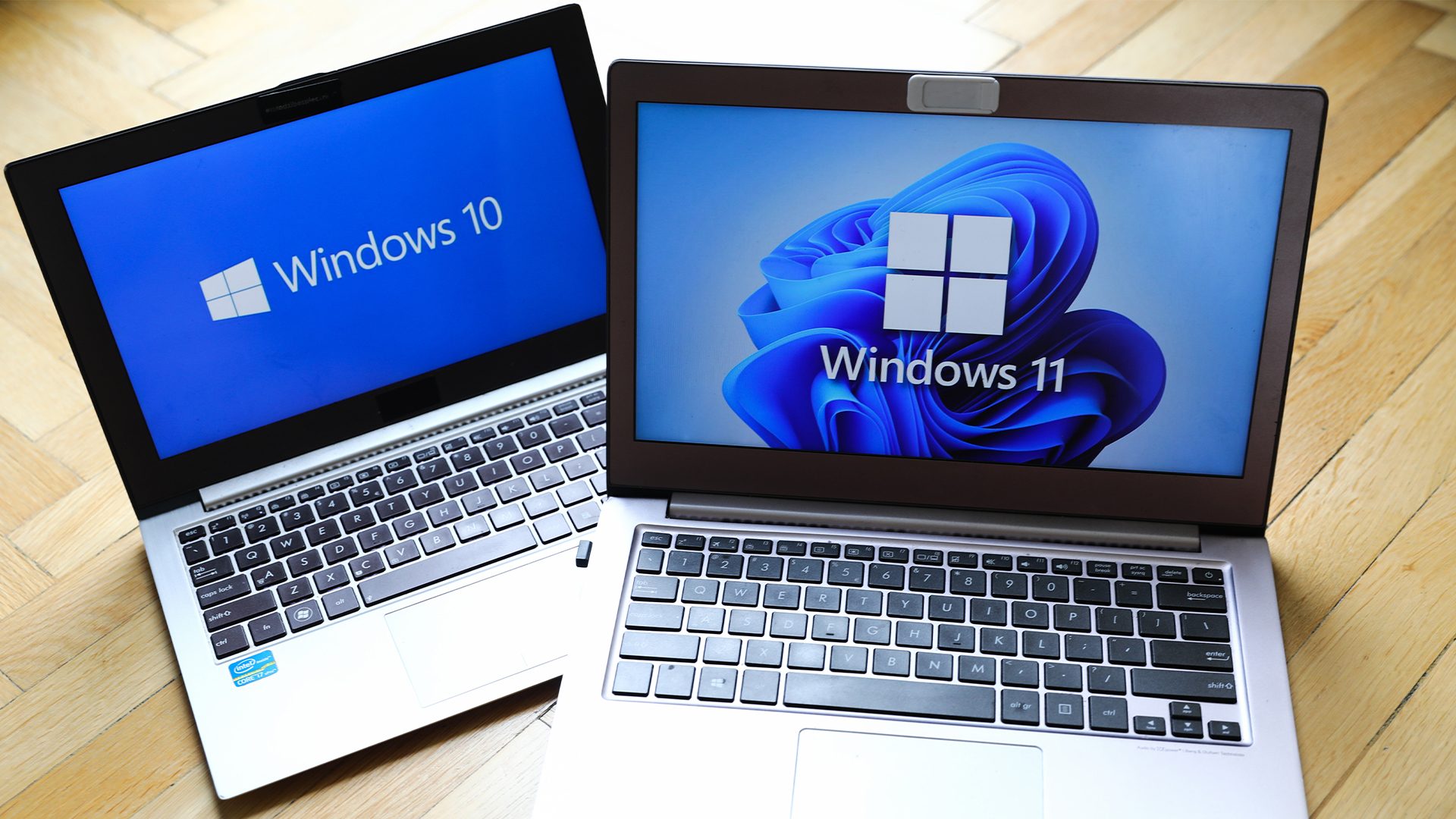 The NCSC just urged enterprises to ditch Windows 10 – here’s what you need to know
The NCSC just urged enterprises to ditch Windows 10 – here’s what you need to knowNews The UK cyber agency says those that haven’t migrated to Windows 11 should do so immediately
-
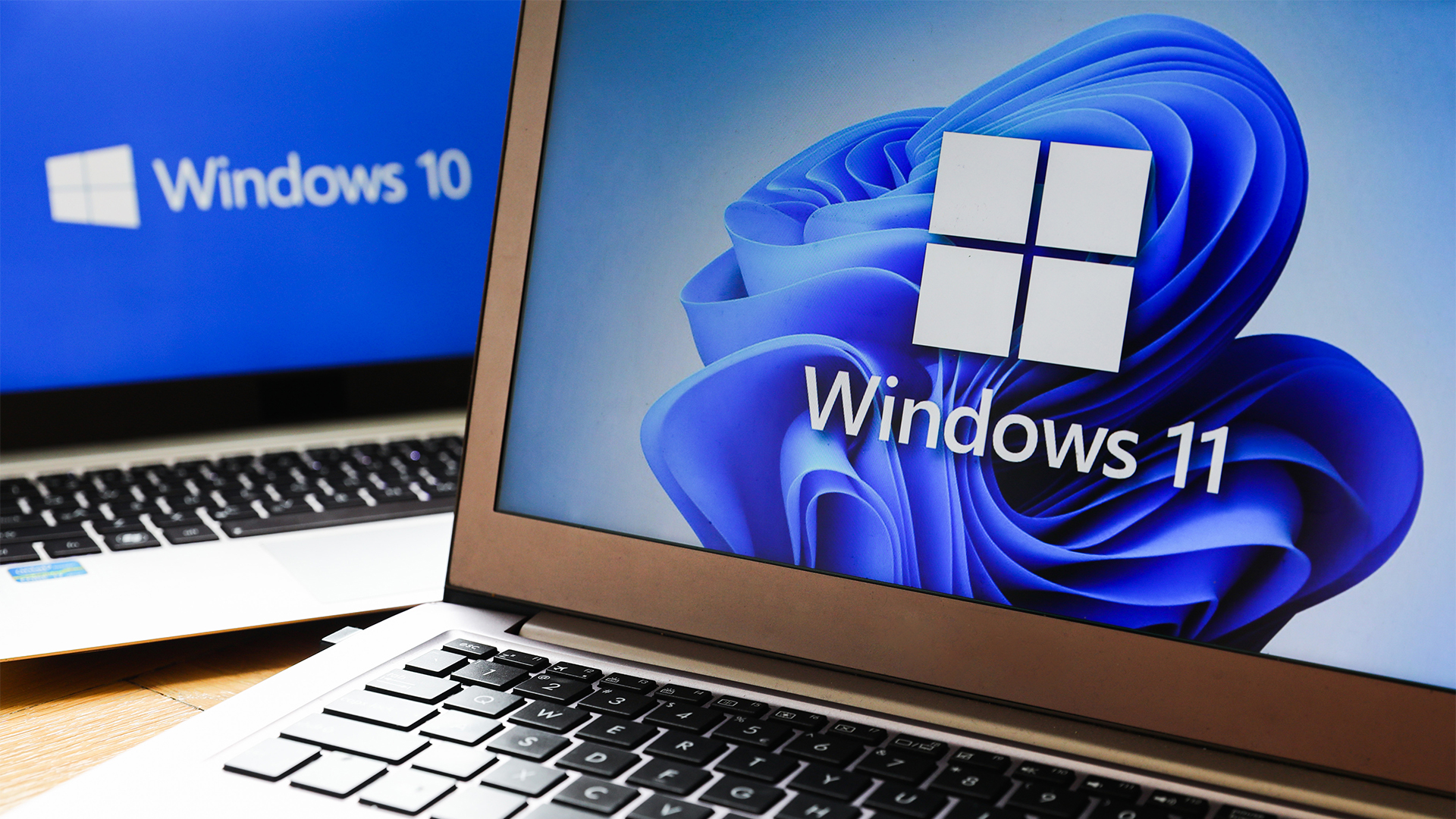 Windows 11 finally overtakes Windows 10 in popularity – but what’s driving this surge?
Windows 11 finally overtakes Windows 10 in popularity – but what’s driving this surge?News It’s been a long time coming, but Windows 11 is finally Microsoft’s most popular operating system
-
 Dragging your feet on Windows 11 migration? Rising infostealer threats might change that
Dragging your feet on Windows 11 migration? Rising infostealer threats might change thatNews With the clock ticking down to the Windows 10 end of life deadline in October, organizations are dragging their feet on Windows 11 migration – and leaving their devices vulnerable as a result.
